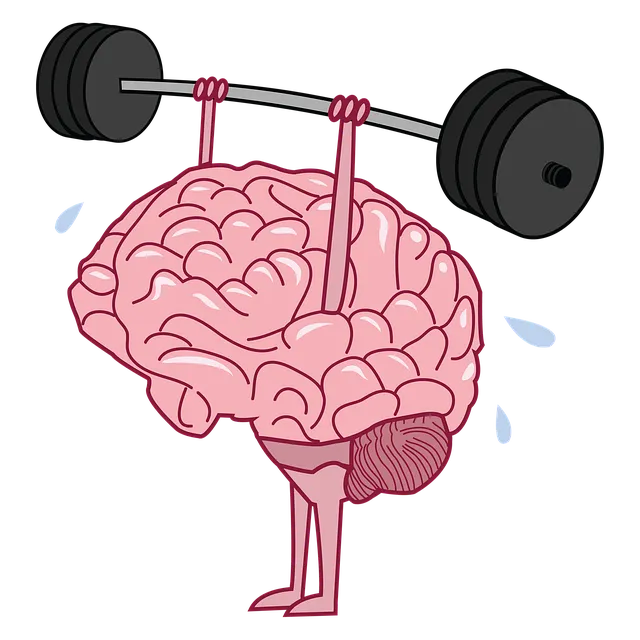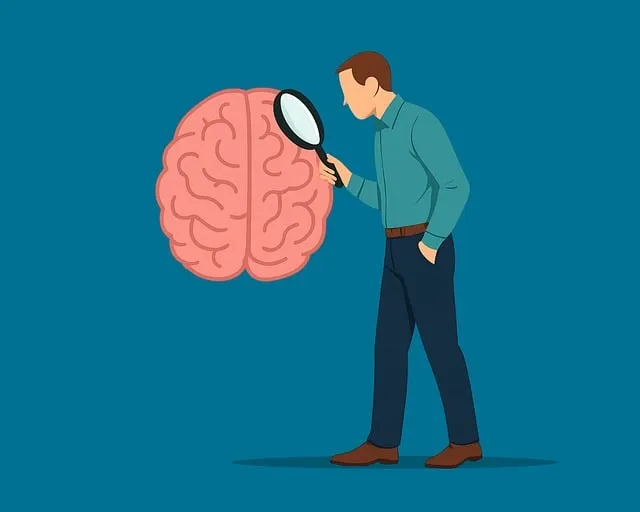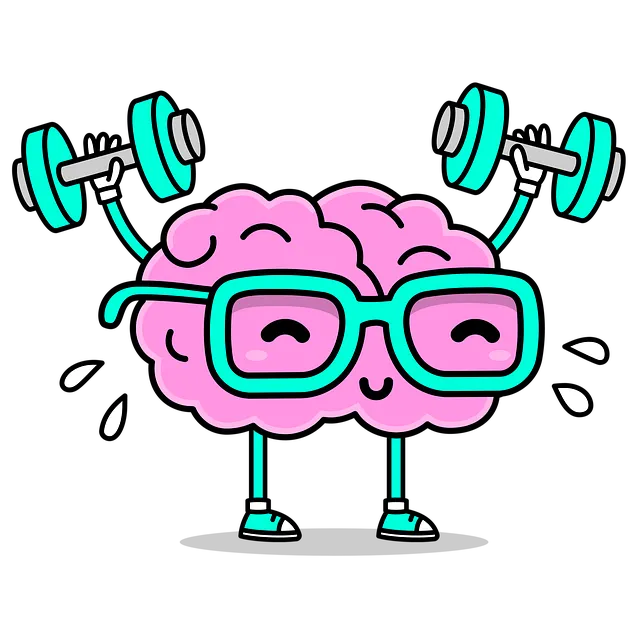In today's fast-paced world, mental wellness apps are gaining popularity for their convenience and benefits, such as Superior Kaiser mental health classes, mindfulness sessions, and self-esteem exercises. These digital tools overcome barriers to traditional therapy, offering accessible solutions for stress management, trauma support, and crisis intervention. Integrating evidence-based practices, risk management planning, and personalized tracking, these apps provide comprehensive mental health support. By drawing from institutions like Superior Kaiser and prioritizing cultural sensitivity, they cater to diverse user needs while contributing to global mental health outcomes through innovative technology. Successful apps feature intuitive design, seamless navigation, interactive elements, gamification, and supportive communities, fostering a comforting digital environment for improved mental well-being.
In today’s fast-paced world, mental wellness app development has become crucial for addressing growing concerns about psychological health. With a focus on accessibility and support, these applications offer tangible solutions to individuals seeking assistance. This article explores the necessity of mental wellness apps, key features that make them effective, and emphasizes the significant role of Superior Kaiser mental health classes in enhancing their effectiveness. Additionally, it delves into designing user-friendly interfaces to ensure engaging experiences for users navigating their mental health journeys.
- Understanding the Need for Mental Wellness Apps
- Key Features of an Effective Mental Health App
- The Role of Kaiser Mental Health Classes in App Development
- Designing User-Friendly and Engaging Mental Wellness Applications
Understanding the Need for Mental Wellness Apps

In today’s fast-paced world, mental wellness has emerged as a paramount concern for individuals across all demographics. The demand for accessible and convenient solutions to support psychological well-being is at an all-time high, leading to a surge in popularity for mental wellness apps. These digital tools offer a range of benefits, from providing Mindfulness Meditation sessions to facilitating Self-Esteem Improvement exercises, catering to diverse user needs.
The need for such apps is further underscored by the limitations of traditional therapy and counseling services. Many people face barriers in accessing professional help due to cost, time constraints, or simply feeling more comfortable with digital solutions. Apps like those offering superior Kaiser mental health classes cater to this growing demand by delivering evidence-based practices directly into users’ palms, enabling them to take charge of their mental health anywhere, anytime.
Key Features of an Effective Mental Health App

In today’s digital age, mental wellness apps have emerged as powerful tools to support individuals’ emotional well-being. When designing an effective mental health application, several key features stand out. First and foremost, offering a diverse range of Superior Kaiser mental health classes catering to various needs—from stress management to trauma support—ensures users can access tailored resources. Incorporating interactive exercises, mindfulness practices, and guided meditations can significantly enhance user engagement and encourage consistent use.
Additionally, integrating Risk Management Planning for Mental Health Professionals and Crisis Intervention Guidance is vital for addressing the more severe aspects of mental health. Features like crisis chat bots, emergency contacts, and resources for seeking professional help can provide immediate support during moments of distress. These elements, combined with personalized tracking tools to monitor progress, create a comprehensive app experience that not only prevents but also actively manages mental health challenges, reflecting a proactive approach in this critical domain.
The Role of Kaiser Mental Health Classes in App Development

The development of mental wellness apps is significantly influenced by best practices from established mental health institutions, such as Superior Kaiser mental health classes. These classes play a pivotal role in shaping app features and functions, ensuring that digital tools effectively address real-world challenges. By integrating evidence-based strategies taught in Kaiser settings, developers can create applications that promote emotional well-being through various techniques, such as mindfulness exercises, cognitive-behavioral therapy (CBT) modules, and stress management tools.
Moreover, the cultural sensitivity inherent in Kaiser’s mental healthcare practice is invaluable for app development. Recognizing the diverse needs of users from different backgrounds, Kaiser classes emphasize inclusive approaches that cater to a wide range of experiences. This cultural awareness translates into app design, where features are tailored to respect and accommodate varied cultural expressions, ensuring that mental wellness support is accessible and relevant to all users. Incorporating these principles not only enhances user engagement but also contributes to the broader goal of improving global mental health outcomes through innovative technology solutions.
Designing User-Friendly and Engaging Mental Wellness Applications

Designing user-friendly and engaging mental wellness applications is key to ensuring their success and impact. Incorporating intuitive interfaces and visually appealing designs can significantly enhance user experience, making complex mental health tools accessible and enjoyable. A well-designed app should seamlessly guide users through various features, such as tracking mood, practicing mindfulness exercises, or accessing supportive communities. The goal is to create a digital environment that feels comforting and encouraging, fostering consistent use.
Incorporating interactive elements, gamification, and personalized content can further engage users. For instance, integrating Kaiser mental health classes or Stress Management Workshops Organization within the app can provide valuable educational resources. Mental Wellness Journaling Exercise Guidance can be tailored to individual needs, allowing users to reflect on their progress and develop coping strategies. By combining these design principles and incorporating relevant programs like Superior Kaiser mental health classes, developers can create powerful tools that support users’ mental well-being effectively.
Mental wellness apps have become indispensable tools in promoting individual well-being, and with the integration of superior Kaiser mental health classes, these applications can offer even more comprehensive support. By combining evidence-based practices with engaging design, developers can create user-friendly platforms that foster healthy habits and provide accessible resources for better mental health management. As the demand for such apps continues to grow, prioritizing user experience and leveraging expert insights will be key to developing effective solutions that resonate with users seeking mental wellness assistance.




